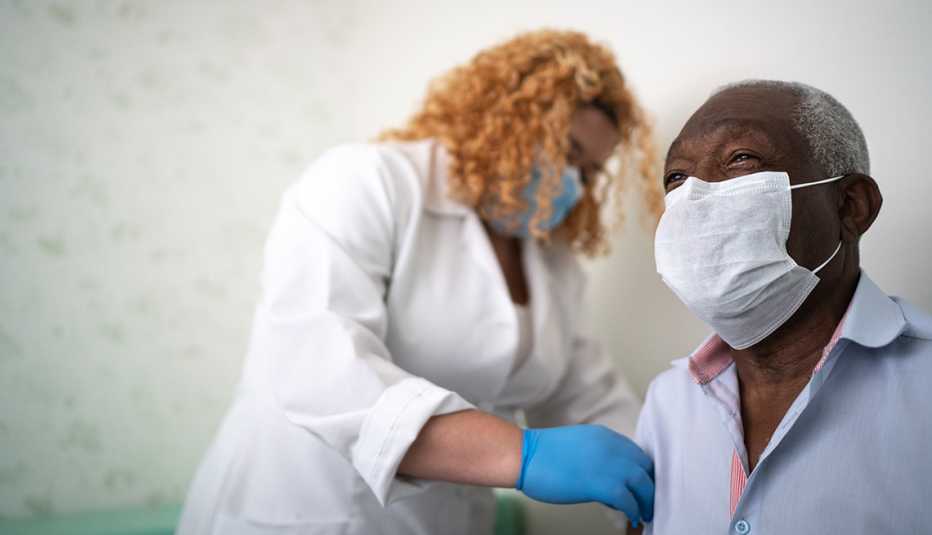Staying Fit


While we still have no effective cure for the virus that triggered the most destructive pandemic in more than a century, we have tremendously successful vaccines to help prevent the serious disease it can cause.
The U.S. Food and Drug Administration (FDA) has issued full approval for a Pfizer-BioNTech COVID-19 vaccine known as Comirnaty. Two other COVID-19 vaccines, from Moderna and Johnson & Johnson, are being administered under emergency use authorization (EUA).


AARP Membership— $12 for your first year when you sign up for Automatic Renewal
Get instant access to members-only products and hundreds of discounts, a free second membership, and a subscription to AARP the Magazine.
All three vaccines are safe and effective at preventing severe disease, hospitalization and death, studies show — even against the more contagious delta variant.
Even though it’s possible for a fully vaccinated person to be infected with COVID-19, nearly all serious COVID-19 hospitalizations are occurring in unvaccinated people. Less than 1 percent of fully vaccinated people have had a breakthrough infection that has resulted in hospitalization or death, according to data from the Centers for Disease Control and Prevention (CDC).
The Pfizer and Moderna vaccines require two shots, spaced a few weeks apart. The J&J vaccine requires only one shot.
People whose immune systems are moderately or severely compromised are encouraged to get a third dose of the Pfizer-BioNTech or Moderna coronavirus vaccine at least four weeks after their second dose. There isn’t yet enough data to evaluate whether an additional dose of the one-shot Johnson & Johnson vaccine is warranted for this limited population, health officials say.
Health experts are reviewing data to determine if and when booster shots will be needed by the general population.
You can get the COVID-19 vaccine at the same time as other shots, the CDC says.

































































More on Health
What to Know About the Coronavirus Vaccines
Questions continue as millions of Americans get immunized
Where to Get Your Flu Shot
Most major retailers offering both regular and high-dose vaccinesThese Are the 8 Vaccines You Need After 50
Are you up to date on all the recommended vaccines?